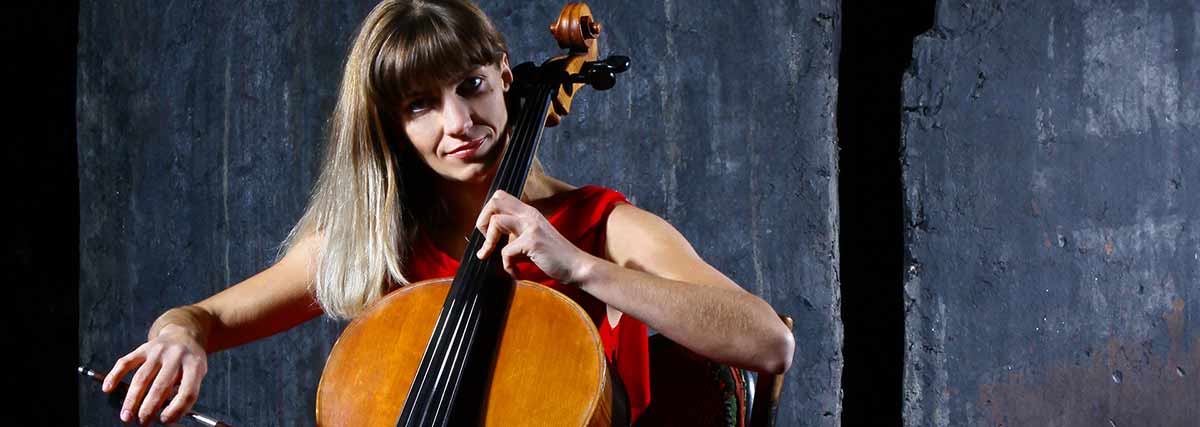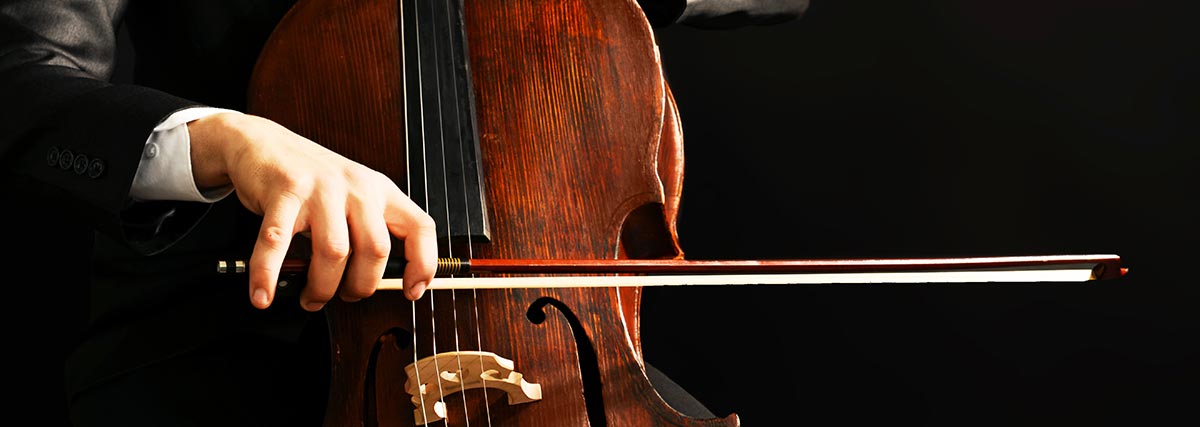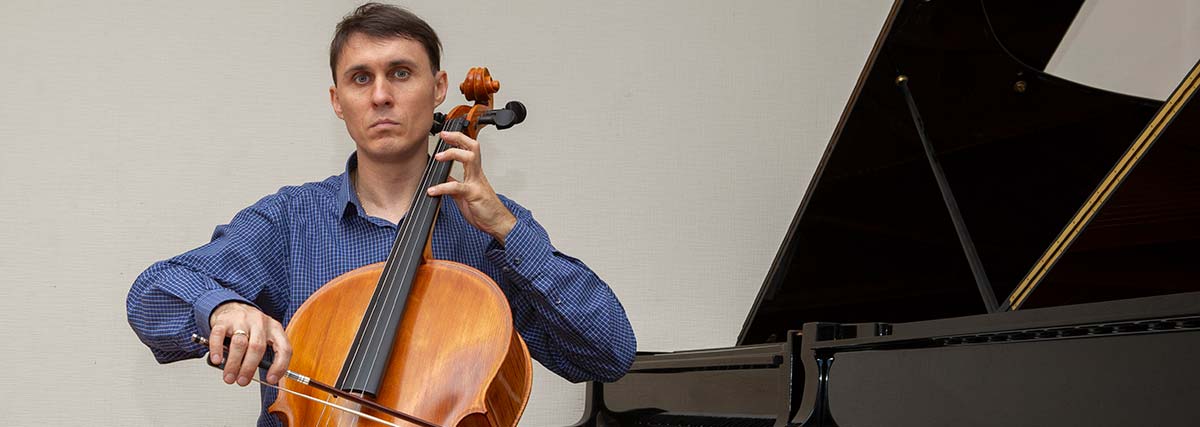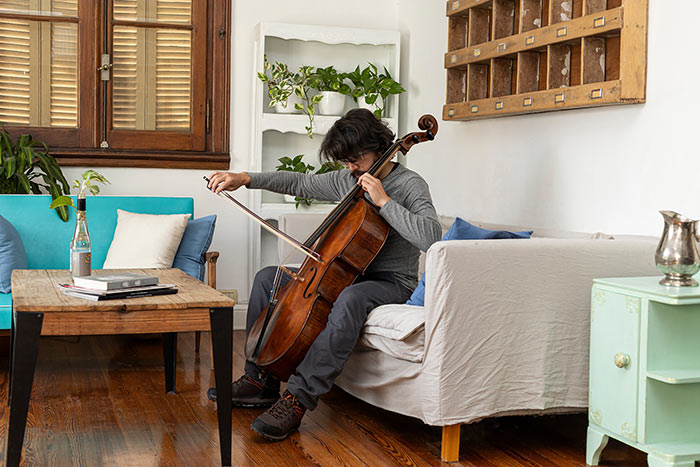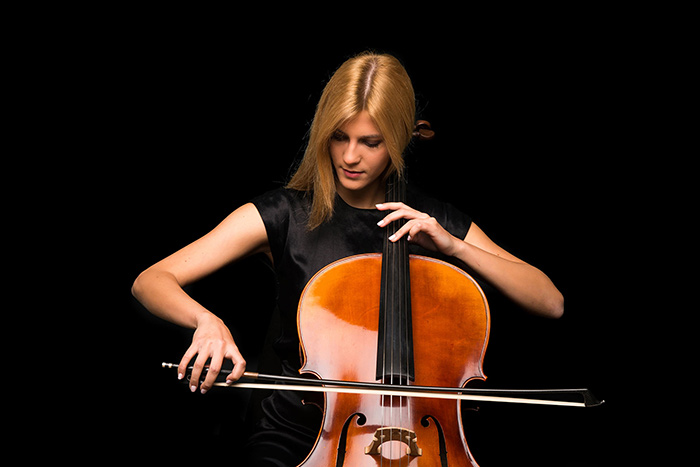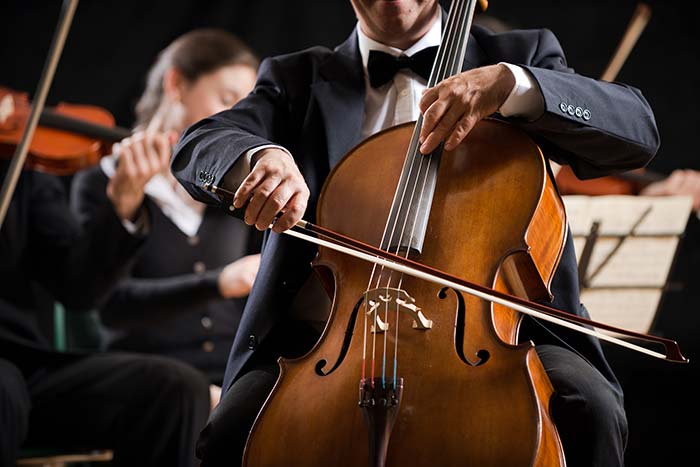When you first start learning the cello, the idea of practice can seem rather bewildering; where do I start? Do I keep playing everything over and over again? How long do I need to practice for? These are often questions I get asked by students in their first few lessons which is understandable given this is a completely new skill.
However, even more advanced students sometimes need help in making their practice the best it can be. This article is aimed at all of you that need either basic practice, more detailed advice to take your playing to the next level or just for reassurance that you are doing the right thing!
The Basics of Practice
For those of you that are completely new to learning an instrument and are starting from scratch, the best way to start your journey with your cello playing is to practice little and often. At first you are going to find practice mentally draining as it’s a new skill and there’s a lot to focus on at one time. Practice is made especially challenging when you struggle with coordination anyway, so keep your practice efficient so that you can focus for the entirety of the practice session.
Practicing in front of a full length mirror is one of the best tools for sorting out your technique as it allows you to see exactly what both hands are doing at the same time. Structuring your practice is very important, especially when you first start learning as you will need to remind yourself of your bow hold so it’s important to start with some simple open strings and feel everything settling back into place before diving into your pieces.
The most common idea of practice from students that have never played an instrument before is that you play your pieces over and over again until you can get through it without stopping in the middle. There is only a certain amount that can be achieved by of playing your piece through lots of times. Practice is about realising where you struggle within the piece and figuring out why it’s going wrong and then fixing it. This way of practicing is far more time efficient and you will be able to progress much faster with your cello playing if you’re practicing in this way.
Practicing scales is incredibly important not only for intonation but for bow control, therefore the way in which we practice scales needs to be given the same level of concentration as the pieces. Playing through all your scales everyday isn’t going to improve them very much, you need to focus on what needs to be better in the scale. For example, often the top octave of scales is out of tune, especially when shifting to fourth position, therefore you could isolate the top octave and practice the shift separately, then when you play the whole scale it sounds like one seamless long line without the hiccup in the middle.
Refining Your Practice Technique
If you have been playing a while and want to improve but your progress is quite slow, it might be time to reevaluate your practice technique. A lot of the time people let things slip too much in practice and they think ‘it’ll be better in the next run through’. This mentality stalls progress because you ignore the problem therefore it never gets better. If you struggle to hear where the issue is, record yourself. Listening back to recordings is a far easier way to spot the issue because your brain isn’t focusing on the physical aspect of playing, therefore you can listen purely to the music.
It is often difficult to hear the problem because you’re playing quietly so if in doubt play it again loudly with lots of weight and that should show up the problems effectively. When you have identified the problem the next step is to fix it – this is often something people struggle with. Most of the time you will have recurrent technical glitches (the ones that your teacher usually points out!), but when it’s a new one, you might want to find a good study or exercise that targets that exact technical aspect of playing so that the piece seems a lot easier when you come back it.
Your practice shouldn’t be 100% sound. You need to be thinking about the music and how you want it to go before attempting to play it – this will also save you lots of time playing versions of the piece that you don’t want. You should also be evaluating what you have just played. Firstly, what went well and then what didn’t go so well, don’t just play it again!
Struggling for Practice Time or Motivation?
Approaching your practice with a clear idea of what you’re going to practice and how is crucial for a productive practice session. Keeping a practice diary is a great way to log when you’re going to practice within your busy schedule to make sure you don’t forget to do it. Planning your practice out for the week also gives you a good sense of your timescale to make sure you are completely ready for your cello lesson and that you have covered everything your teacher asked you to.
Motivation comes in many different forms and we all need a little motivating now and again. When you’re practicing the same pieces and scales all week or for multiple weeks, they can start to feel a little stale which doesn’t help with practice. If this is the case, it’s good to ask yourself why you are practicing the piece and what made you choose it in the first place. Listening to recordings of the piece you’re playing can often be a fantastic source of inspiration, or better still, go and hear it being performed live. It’s important to remember that there is no shame at all in not feeling motivated, just ask yourself why that may be and talk to your teacher about it, it doesn’t mean that you don’t love playing the cello anymore!
Practice can seem stressful but once you figure out what works for you it will be a lot easier. Your teacher at LCI will always be happy to help you with your practice as well so don’t hold back from asking for help.


